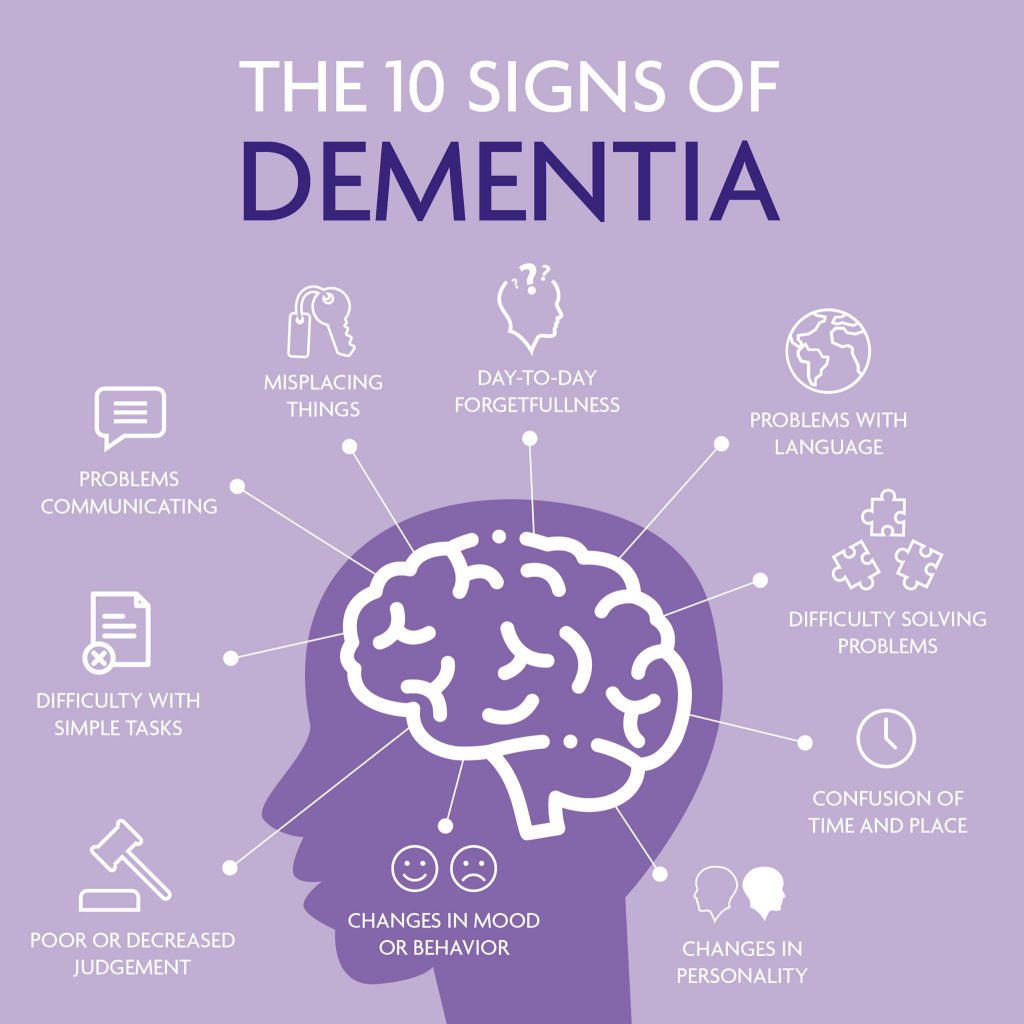Garnier-Crussard A, Vernaudon J, Auguste N, Dauphinot V, Krolak-Salmon P. What Could Be the Main Levers to Promote a Timely Diagnosis of Neurocognitive Disorders?. [published online ahead of print, 2020 Apr 6]. J Alzheimers Dis. 2020;10.3233/JAD-191253. doi:10.3233/JAD-191253
Stokin GB, Krell-Roesch J, Petersen RC, Geda YE. Mild Neurocognitive Disorder: An Old Wine in a New Bottle. Harv Rev Psychiatry. 2015;23(5):368–376. doi:10.1097/HRP.0000000000000084

